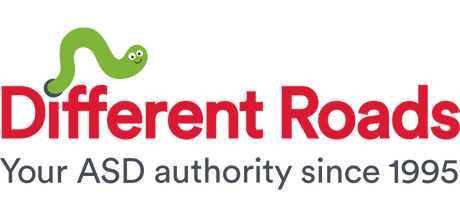One of the tenets of ABA is to provide evidence-based practice. The best way to help us do this is to keep up with the literature! Each month, Sam Blanco, PhD, LBA, BCBA will select one journal article and provide discussion questions for professionals working within the ABA community. The following week another ABA professional will respond to Sam’s questions and provide further insight and a different perspective on the piece.
It is important in our field to maintain an open conversation about ethics. The Professional and Ethical Compliance Code outlines how behavior analysts are expected to conduct themselves, but sometimes situations are not so black and white. And as the world changes, so do the expectations for ethical conduct. In recent years, issues related to social media have been especially relevant. This month, I’ve selected the following article which addresses the special concerns that come up with the use of social media.
O’Leary, P. N., Miller, M. M., Olive, M. L., & Kelly, A. N. (2017). Blurred lines: Ethical implications of social media for behavior analysts. Behavior Analysis in Practice, 10(1), 45-51
- The article reviews the codes of ethics for other professions. Why is this valuable for us to do as a profession? Did you learn anything surprising or interesting form this portion of the article?
- Since this article was written, our field has a new Professional and Ethical Compliance Code. How does this code differ from the previously used Guidelines for Responsible Conduct? What aspects of the code directly apply to ethical situations related to social media?
- “A search on an internet search engine for information related to a procedure or scientific concept may yield results as to what that procedure or concept is. The same search on a social media outlet may yield results as to whether or not that procedure or concept should be used (p. 47.) Discuss this difference.
- Behavior analysts and others interested in the topic may turn to social media to get answers to their questions due to the low response effort involved and the speed of reinforcement. How can we decrease response effort and increase reinforcement for referring to the scientific literature to answer our questions?
- The authors provide suggestions for how behavior analysts should behave on social media. Are there any suggestions you might add? Are there ways you can increase the likelihood of other behavior analysts following these suggestions?
- Consider your own behavior on social media. Based on recommendations from the article, what is one change you can make to increase your own ethical behavior in this context?
WRITTEN BY SAM BLANCO, PhD, LBA, BCBA
Sam is an ABA provider for students ages 3-15 in NYC. Working in education for twelve years with students with Autism Spectrum Disorders and other developmental delays, Sam utilizes strategies for achieving a multitude of academic, behavior, and social goals. She is also an assistant professor in the ABA program at The Sage Colleges.
